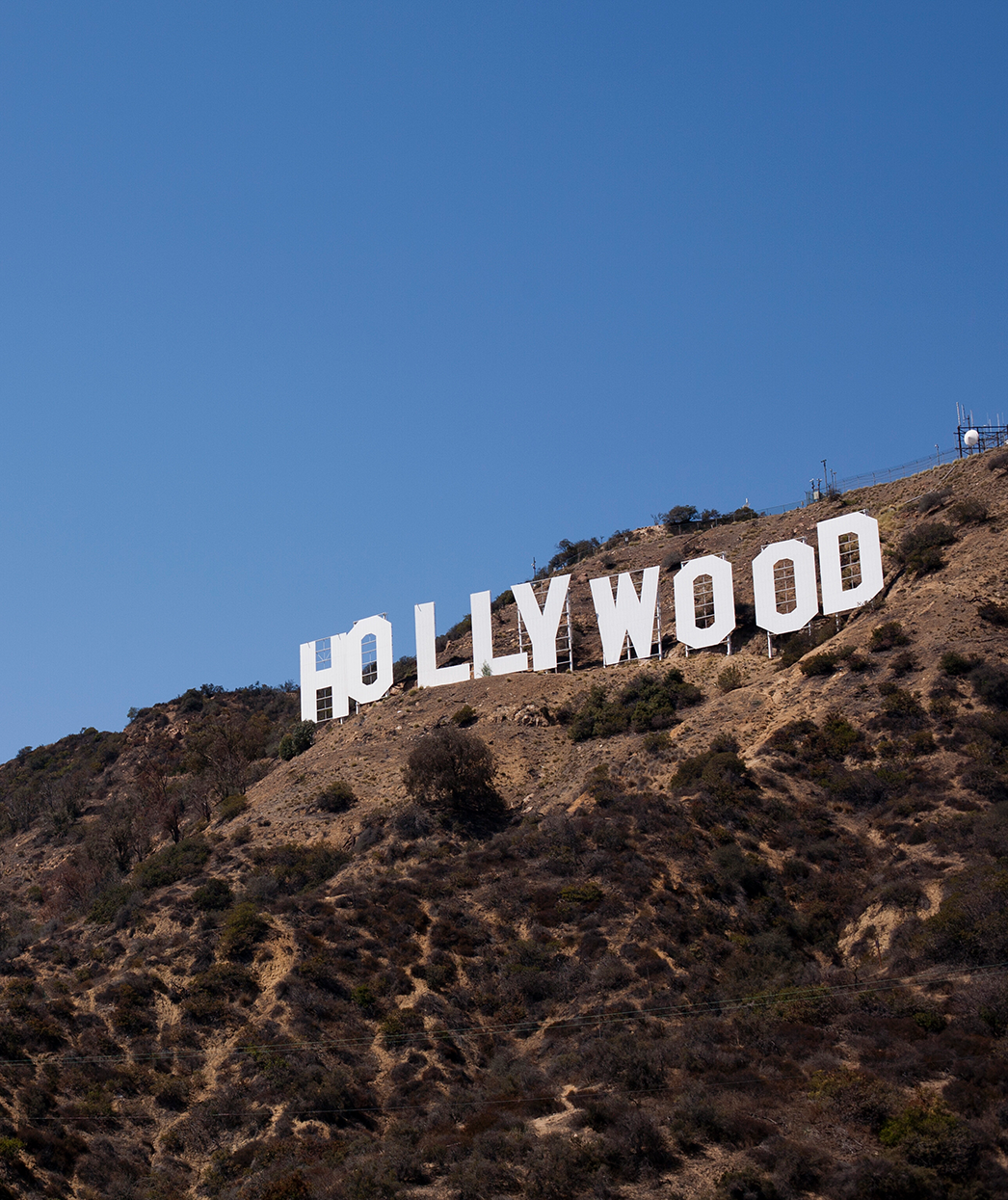Red Carpet. Red Flags:
Trump’s 100% Film Tariff Has Hollywood Nervous—and Quiet
May 7, 2025
by Chandler Owens

President Donald Trump’s latest pitch to “Make America Film Again” has landed like a lead Oscar statue in the middle of award season. His proposal? A 100% tariff on foreign-made films—a move designed to force Hollywood productions back onto American soil, whether they like it or not. The policy, dropped with characteristic bravado via Truth Social, paints overseas filmmaking as both a betrayal and a missed opportunity. “American films should be made in America,” he posted. It was less a statement and more a warning.
What’s notable isn’t the policy itself—it’s the reaction. Or rather, the lack of one. Industry leaders, usually quick to issue sweeping, virtue-drenched statements about global collaboration, have gone quiet. Not silent, but suspiciously careful. Studios and streamers are running the numbers before running their mouths. International markets matter. So do labor unions. So does appearing apolitical in a year when every movie seems to double as a statement piece.
But not everyone’s ducking the spotlight. Teamsters president Sean O’Brien praised the tariff, calling it a long-overdue move to stop the bleeding of union jobs overseas. And of course, Jon Voight, now Trump’s self-declared ambassador to Hollywood (which sounds more like the title of a canceled Fox Nation docuseries than an actual role), is thrilled. He called it a return to “vision” and blamed Hollywood’s “obsession with ego and Europe” for the collapse of LA’s filmmaking roots. That sentence alone deserves its own Screen Actors Guild rebuttal.
Reactions from abroad have been… animated. Australia’s U.S. ambassador Kevin Rudd mocked the proposal by wondering if Bluey—yes, the animated children’s show—would be subject to the tax. British actors, producers, and even a few well-placed lords have labeled the idea absurd, warning that it could provoke retaliatory tariffs, collapsed co-productions, and a whole lot of awkward red carpet interviews where stars can’t quite explain why their next film suddenly takes place in Ohio.
Meanwhile, Netflix and friends are playing it cool. International content is what’s keeping the lights on and the algorithms fed. Losing access to foreign production deals—or being forced to double budgets to shoot “locally”—isn’t just inconvenient. It’s a strategic nightmare. Especially when viewers don’t care where something’s shot, only that it’s moody, sexy, or murdery.
Here’s the thing Hollywood doesn’t like admitting: it hasn’t really been “American-made” in years. The backdrop of your favorite superhero origin story? Shot in Vancouver. That sweeping prestige drama? Somewhere in rural Ireland with a New York sound design team. Nobody blinked because it worked. But if this tariff passes, everything changes. Suddenly, your tax incentive European dystopia costs twice as much—or gets rewritten for Atlanta.
Underneath it all, this isn’t really about money. It’s about ownership. About who gets to define what “American film” even means anymore. Is it the studio exec? The union rep? The director holding the lens—or the guy holding the pen in the Oval Office?
If the tariff makes it through, studios are going to have to decide quickly: pay the price, move the shoot, or gamble on waiting Trump out. And judging by the silence so far, most of them are still hoping it all blows over. Spoiler: it won’t.

Media Culture Reporter